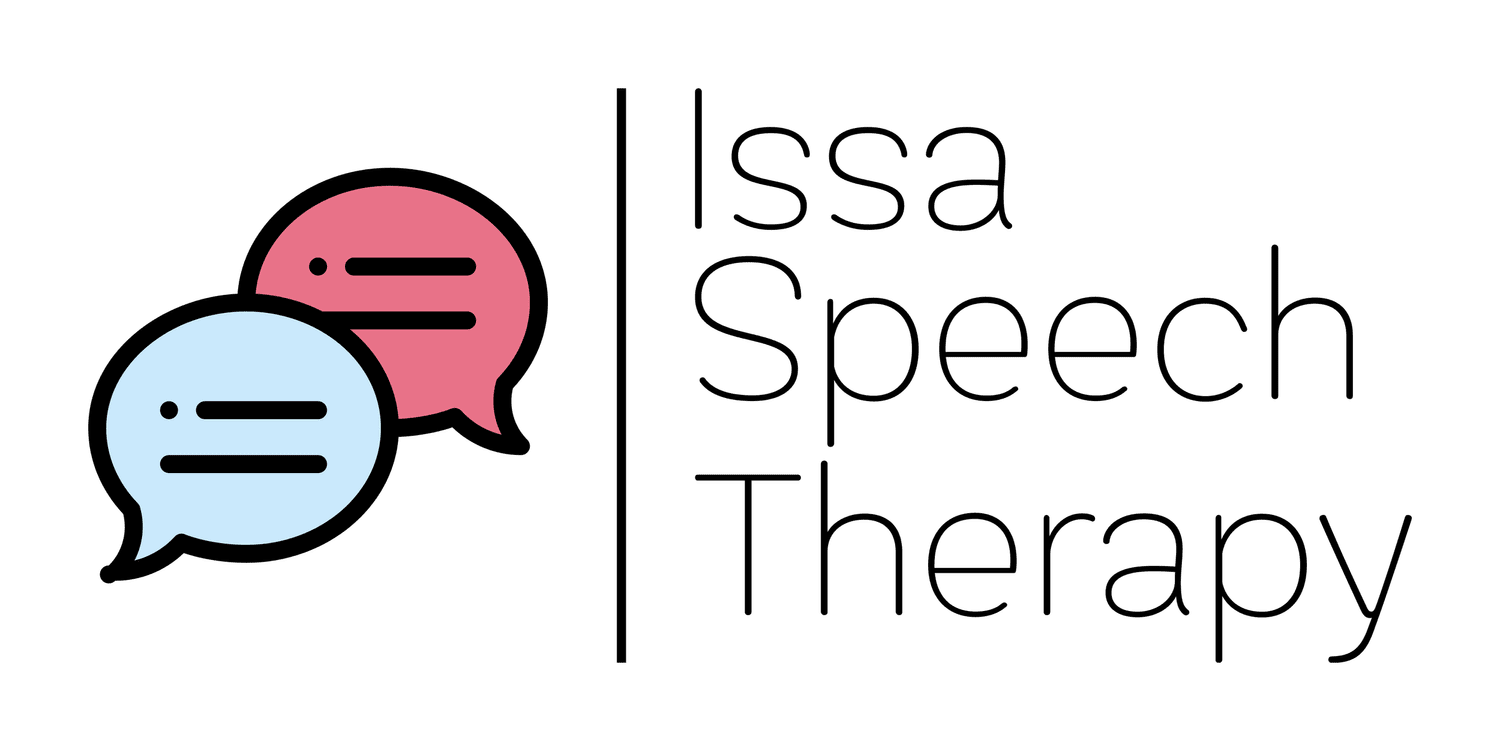
Speech and Language Milestones for 6-Year-Olds
According to the American Speech-Language-Hearing Association (ASHA), the following are some general speech and language milestones for a 6-year-old child:

Articulation and Speech Sounds:
Pronounces all speech sounds correctly, including consonant blends (e.g., "st," "bl," "tr").
May still have difficulty with some sounds, such as "th," "r," or "s."
Vocabulary and Expressive Language:
Has a vocabulary of approximately 2,600 to 14,000 words.
Uses complex and compound sentences to express thoughts and ideas.
Uses correct grammar most of the time.
Understands and uses comparative and superlative forms of adjectives (e.g., "bigger," "biggest").
Receptive Language:
Understands and follows increasingly complex directions.
Understands and can answer "who," "what," "where," "when," "why" questions about a story or an event.
Narrative Skills:
Tells a cohesive and detailed story with a logical sequence of events.
Uses appropriate story grammar elements such as character, setting, problem, and resolution.
Social Communication:
Uses appropriate greetings and conversational turn-taking skills.
Understands and follows social rules in conversation, such as taking turns, staying on topic, and using appropriate eye contact.
Literacy Skills:
Shows an interest in reading and writing.
Recognizes and names most letters of the alphabet.
Can write their name and simple words or sentences.
Begins to understand that written words represent spoken language.
How do I know if my 6-year-old needs speech therapy?
Here are some signs that may indicate a 6-year-old needs speech therapy:
Articulation Difficulties: If your child consistently has difficulty producing speech sounds and is difficult to understand by unfamiliar listeners, it may be a sign that speech therapy could be beneficial.
Limited Vocabulary: If your child has a significantly smaller vocabulary compared to their peers or struggles to find the right words to express themselves, it may indicate a need for intervention.
Grammar and Sentence Structure Issues: Persistent difficulty with using correct grammar and constructing age-appropriate sentences can be a sign that speech therapy is warranted.
Difficulty Following Directions: If your child consistently struggles to understand and follow increasingly complex instructions appropriate for their age, it may indicate difficulties with receptive language skills.
Stuttering: If your child exhibits frequent disruptions in their speech flow, such as repetitions, prolongations, or blocks, it could be a sign of stuttering. Speech therapy can help manage and improve fluency.
Social Communication Challenges: If your child has difficulty engaging in conversations, maintaining eye contact, understanding social cues, or using appropriate turn-taking skills, speech therapy can support their social communication skills.
Reading and Writing Difficulties: If your child demonstrates struggles with letter recognition, phonological awareness, spelling, or reading comprehension, speech therapy can address underlying language skills that contribute to literacy development.
Remember that every child develops at their own pace, and it's essential to consider the overall communication skills, as well as the impact on their academic performance and social interactions. If you have concerns about your child's speech and language development, contact us here. A speech pathologist will be able to assess your child's skills, identify any areas of concern, and provide guidance on whether speech therapy is necessary.
Questions before getting started?

